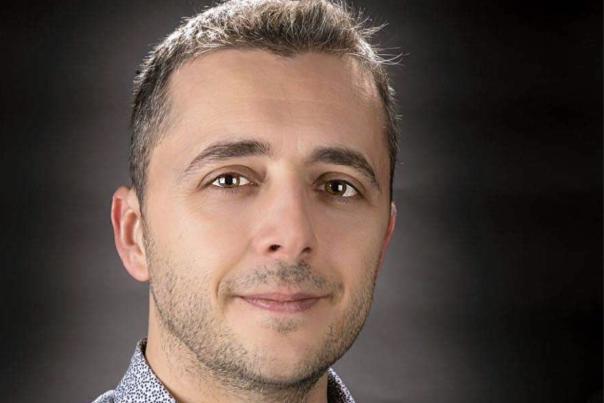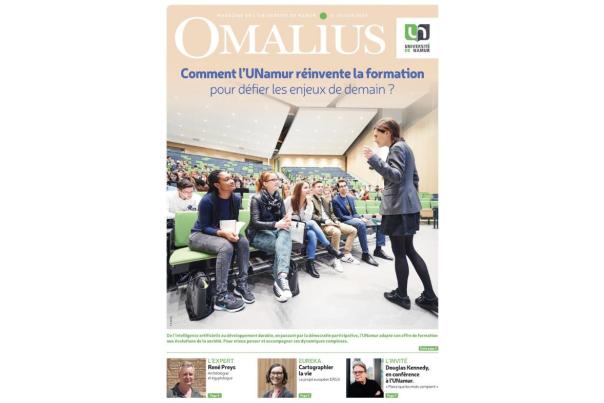25 years of shift-work computing: meeting a pressing social need
How to cope with the Y2K bug? How to ensure the transition to a single currency in Europe, the euro? It's the late 1990s, and the need for IT manpower is greater than ever to meet the growing needs of the IT industry. It was against this backdrop that UNamur and its Faculty of Computer Science boldly and proactively developed a new course of study: a staggered timetable leading to a Master's degree in Computer Science. Twenty-five years later, interest in this training and its societal necessity are more relevant than ever.


